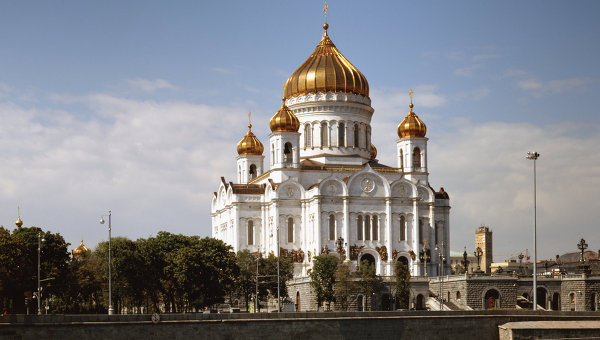Less than a hundred years ago, Vladimir Lenin, one of the foremost members of the Russian Communist Party, wrote in a letter, “We must pursue the removal of church property by any means necessary,” and that “The greater the number of representatives of the reactionary clergy… that we succeed in shooting on this occasion, the better.” However, recently, the Communist Party has turned to the Russian Orthodox church for support, as party members age and die. The average age of a party member is now 56, and there are only about 155,000 members, compared to 19.5 million in 1989, although it is still the second largest political party in the country. Many see the move of the Communist Party to join forces with the Church as a populist measure. Two thirds of the Russian population are part of the Orthodox Church, although not all are devout practitioners. “It is a holy duty of Communists and the Orthodox Church to unite,” Gennady Zyuganov, current chairman of the Communist Party, wrote in 2012, citing “common goals and enemies.” The goals included censorship of “debauchery and violence” in mass media, eradication of Western liberalism and “its conception of human rights,” and limiting sexual education in schools.
Overall, the Church has responded to the party’s overtures politely and positively. “All political forces should be together when it comes to the values of faith, morals, culture and our nation’s unity,” Russian Patriarch Kirill was quoted by the Interfax news agency as saying in 2014. At that time, he awarded Zyuganov the Medal of Honor and Glory, the highest award in the Orthodox Church.
The Communist Party has historically been extremely anti-religion (Marx famously called it the “opiate of the masses”). Under the reign of the party, priests were jailed and killed, and sacred sites and texts desecrated or destroyed. Priests were recruited to be KGB informants against other church members. In 1990, now-patriarch Kirill was accused of being one such informant; the priest responsible for the report was excommunicated and later mysteriously beaten. Nonetheless, as the Communist Party has sought to capitalize on the wave of nostalgia that is sweeping Russia, they have, out of necessity, changed their position on the church. Seeking to appeal to Russian nationalism and imperialism, the party has had to unite with the Church that is synonymous with these things in the perception of many.

